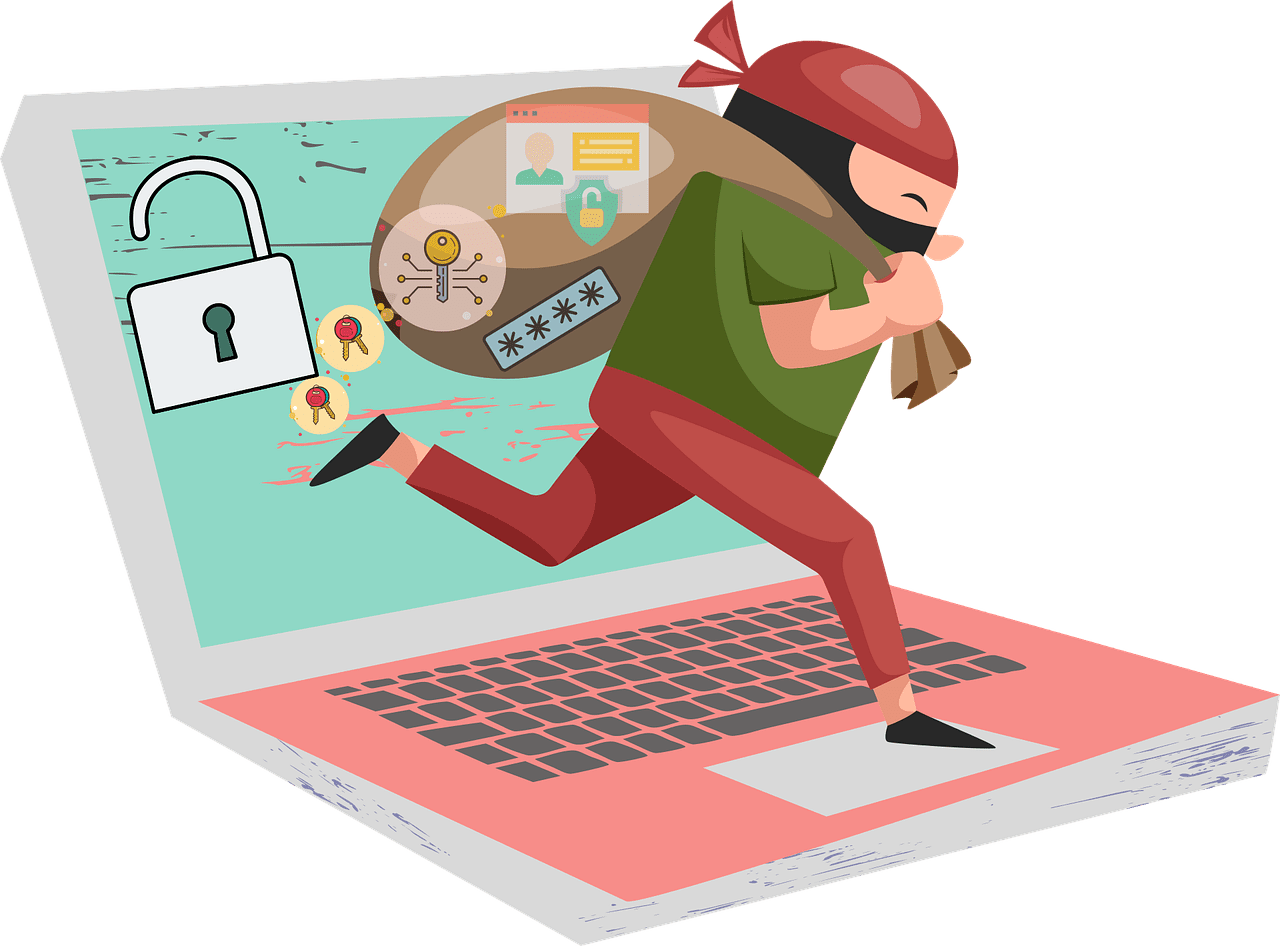Cyberattacks have become more sophisticated, hackers – more skilled, and companies – more vulnerable. Cybersecurity is one more thing business leaders should take care of since its absence can destroy any digital-based commercial activity. However, navigating the complexities of cybersecurity can be daunting.
By Iryna Manukovska, Chief Marketing & Strategy Officer, JEVERA.

Pictured: Iryna Manukovska, Chief Marketing & Strategy Officer, JEVERA
The emerging challenges and trends in cybersecurity became the subject of another Dublin Tech Summit panel discussion between top opinion leaders, including Yevgen Kotukh, Chief Application Security Engineer at JEVERA, Ronan Murphy, Founder & Executive Chairman at Smarttech247, Jenni Perry, Associate Director of Cyber Risk at Aon, and Paulo Rodriguez, Head of International at Vanta.
Read on to find the answers to explore the summary of that insightful discussion and find the answers to four core cybersecurity questions that worry business leaders worldwide in 2023.
Can certification provide a guarantee of complete security?
Certification plays a vital role in ensuring compliance and maintaining the reputation of a highly secure brand. However, for many companies, it is primarily a means to demonstrate their data protection capabilities to stakeholders. It often leads to a disconnection between security measures and compliance requirements.
Regulations are enforced to maintain alignment, as non-compliance can expose businesses to risks such as severe penalties and reputation damage. The evolving regulatory landscape, driven by data breaches and theft incidents, is gradually bringing compliance and security closer together. However, businesses should not rely on compliance as the only indicator of cybersecurity readiness. They must understand the underlying reasons for new regulations and prioritize tangible actions over demonstrations.
Where to start cybersecurity system development?
Each company selects an appropriate starting point based on its unique requirements and the cybersecurity challenges it faces. However, many business leaders lack a comprehensive understanding of the cybersecurity field’s intricacies. The consequences of a delayed response to cybersecurity issues can be detrimental to a company’s overall success. Therefore, businesses often seek a trustworthy contractor to establish and oversee the necessary processes.
Businesses can generally be classified into three categories depending on the length of their cybersecurity journey:
Beginners
Organizations are just beginning their activities in the cybersecurity field and require a robust action plan to overcome the obstacles they anticipate.
Ones that have a plan
These businesses actively develop high-quality cybersecurity processes. They have an action plan, adhere to it, and update it regularly.
Pros
Companies here are already in motion, continuously striving to enhance their cybersecurity systems: For them, the primary objective is to identify and adopt best practices that can further strengthen their cybersecurity framework.
Determining the stage of a company’s cybersecurity journey is crucial for businesses as it enables them to establish priorities and take appropriate action accordingly. The first step toward developing a robust cybersecurity system lies in defining where the company is now: what its processes, challenges, conditions, and maturity are.
What must-have cybersecurity minimum companies should ensure
Following the World Economic Forum, cybercrime and cyber insecurity rank among the top 10 most critical global risks projected for the next decade. As technology continues to reshape the business landscape, it simultaneously exposes new vulnerabilities that need to be addressed.
While organizations strive to adopt innovative solutions that enhance productivity and drive revenue, business leaders need to prioritize cybersecurity as a fundamental safeguard for their digital enterprises. Although cybersecurity strategies can be tailored to specific needs, companies must adhere to a set of minimum security measures to ensure their protection:
- Implementing a robust antivirus solution to detect and mitigate potential threats.
- Deploying a reliable firewall system to safeguard network infrastructure and prevent unauthorized access.
- Employing secure coding practices to develop robust and resilient software applications.
- Investing in comprehensive employee education programs to foster a culture of cybersecurity awareness and best practices.
Cybersecurity & legacy software: can businesses use the second to achieve the first?
Achieving complete cybersecurity with legacy software is a tricky task that businesses face regularly. Despite the inherent risks and monolithic sluggish architecture legacy solutions have, companies cannot completely replace them. However, businesses need to develop comprehensive strategies and seek effective ways to mitigate vulnerabilities.
Businesses should find ways to arm themselves with cutting-edge products because the post-quantum challenges are the next obstacle on the way. As quantum computing advances, the once-trusted security measures of legacy systems, standards, and data privacy practices may become obsolete. Forward-thinking organizations need to address this imminent threat actively. Relying solely on the security measures for current public data is no longer sufficient to guarantee future protection.
It’s crucial for companies to consider strategies tailored for the post-quantum era proactively:
- conduct thorough assessments of existing security measures
- identify potential vulnerabilities
- implement proven solutions aligned with emerging technological advancements
By prioritizing cybersecurity and taking proactive steps to fortify their digital infrastructure, businesses can instill customer trust, safeguard sensitive data, and maintain a competitive advantage in an increasingly interconnected and data-driven business landscape.
The bottom line
Due to evolving cybercrime techniques, traditional cybersecurity methods no longer guarantee 100% efficiency and safety. Each new technology or product implemented creates a range of vulnerabilities to be covered. It allows businesses to develop flexible long-term strategies considering various scenarios and contains action plans for each case. A company’s maturity in terms of cybersecurity is independent of the range of certificates received. Compliance is crucial since it helps organizations cooperate. Meanwhile, it can’t ensure 100% security. The cybersecurity and business maturity level in this field depends on real actions: developing relevant solutions, switching to cutting-edge products, training teams, and getting ready for any challenges ahead.
READ MORE
How is block chain changing cyber security?



